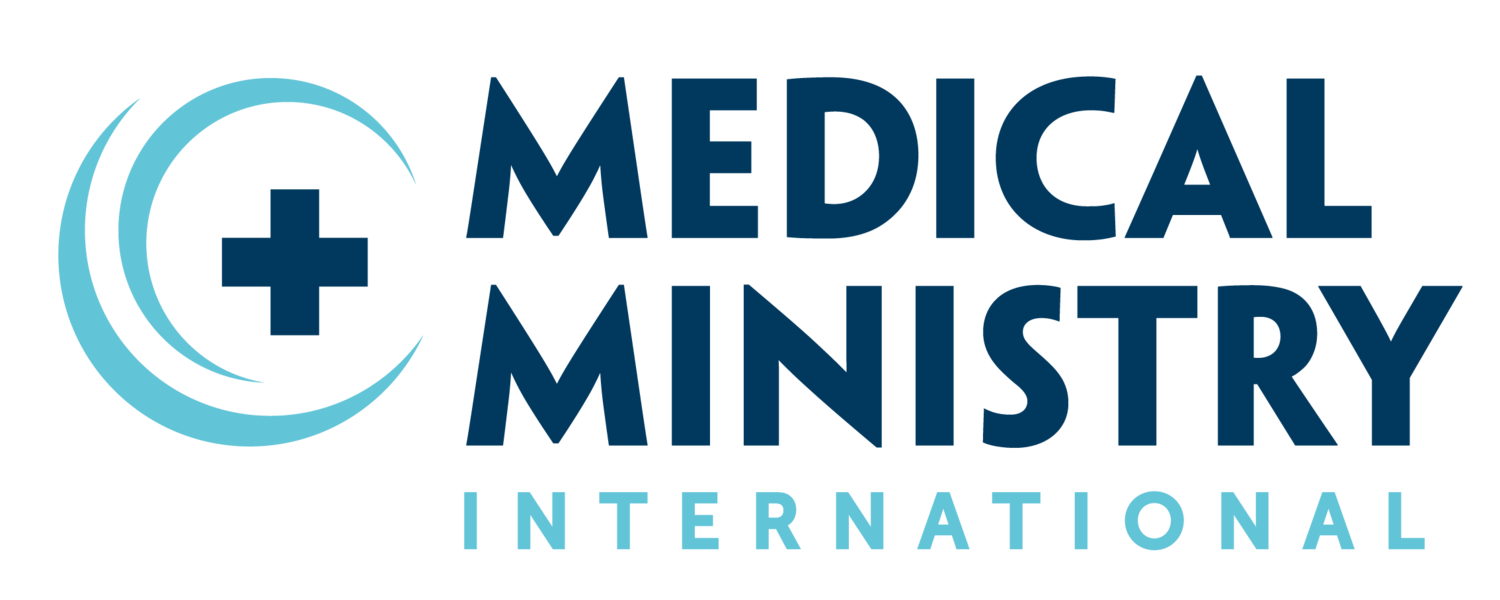Medical Ministry International in Rwanda
Medical Ministry International first travelled to Rwanda with Dr Pete & Judy Obregon in the early 90’s. They led many surgical teams to Kibogora Hospital in the southern part of the country. Peta-Ann Schmidt worked alongside them and learnt from them, and is now the Project Director for Rwanda, planning projects from her home base in South Africa.
In 2019 Medical Ministry International sent our first team to Byumba, in the northern part of the country. We have established a wonderful partnership with the EAR Anglican Diocese in Byumba. This particular Diocese partnered with a US Diocese to build and establish the Ruhenda Health Centre in Byumba where we screened and treated almost 1500 eye patients. 65 cataract surgeries were done in partnership with the District Hospital in Byumba town.
Peta-Ann Schmidt also leads Medical Ministry International’s projects in Zambia. She is a physical therapist working in private practice in her native country, South Africa. Peta-Ann found out about Medical Ministry International through our website and participated as a volunteer on a project in Peru in 2005. She is excited about the opportunity to serve the people of Africa in such an effective way.
Peta-Ann Schmidt (center), Project Director
Project Site:
Byumba is a city in northern Rwanda, and is the capital of Gicumbi District. It has a population of 75,463 (as of 2012), with 85% of the population having health insurance. Access to clinics and health centres continues to improve but are run mostly by qualified nurses. Physicians (per 1000 people) was reported as 0.1182 in 2019, with a great lack in specialist doctors, particularly ophthalmologists. Byumba is home to an SOS Children's Village.
2023 Project Description: To provide quality eye care to the community of Byumba and surrounding areas, by working in partnership with the EAR Anglican Diocese Byumba, Ruhenda Health Care Centre and the District Hospital in Byumba town. Participants will be staying at the Urumuli Hotel in Byumba, hosted by the EAR Anglican Diocese Byumba. The eye project will be run at the Ruhenda Health Centre and the cataract surgeries will be done at the District Hospital in Byumba town.
Elevation
2263 m
Climate
The climate in Byumba is warm and temperate. Byumba is a city with a significant rainfall, about 1144 mm of precipitation falls annually. In Byumba, the average annual temperature is 16°C (60°F).
Travelling on a Project
About Rwanda
COUNTRY BACKGROUND
Rwanda’s economy is primarily based on agriculture, particularly coffee, tea, bananas, sorghum, and potatoes. Kinyarwanda, English, and French are all official languages. Lake Kivu is one the African Great Lakes, and is a center for tectonic activity which results in unique water overturns. Rwanda is known as the "Land of the Thousand Hills", and is one of the few places in the world today where Mountain Gorillas can be seen in the wild. The population of Rwanda is young and predominantly rural, with a density among the highest in Africa. Rwandans are drawn from just one cultural and linguistic group, the Banyarwanda, although within this group there are three subgroups: the Hutu, Tutsi and Twa.
Rwanda's economy suffered heavily during the 1994 genocide, with widespread loss of life, failure to maintain infrastructure, looting, and neglect of important cash crops. The economy has since strengthened. Coffee and tea are the major cash crops for export, with the high altitudes, steep slopes and volcanic soils providing favourable conditions. An estimated 90% of the working population farms green bananas, potatoes, beans, cassava, wheat and maize.
LOCATION:
Central Africa, east of the Democratic Republic of the Congo, north of Burundi
GEOGRAPHIC COORDINATES:
2 00 S, 30 00 E
MAP REFERENCES:
Africa
TOTAL AREA:
26,338 km²
BORDER COUNTRIES:
Burundi, Democratic Republic of the Congo, Tanzania, Uganda
COASTLINE:
0 km (landlocked)
MARITIME CLAIMS:
None (landlocked)
CLIMATE:
Temperate; two rainy seasons (February to April, November to January); mild in mountains with frost and snow possible
TERRAIN:
Mostly grassy uplands and hills; relief is mountainous with altitude declining from west to east
ELEVATION EXTREMES
LOWEST POINT:
Rusizi River - 950 m
HIGHEST POINT:
Volcan Karisimbi - 4,519 m





